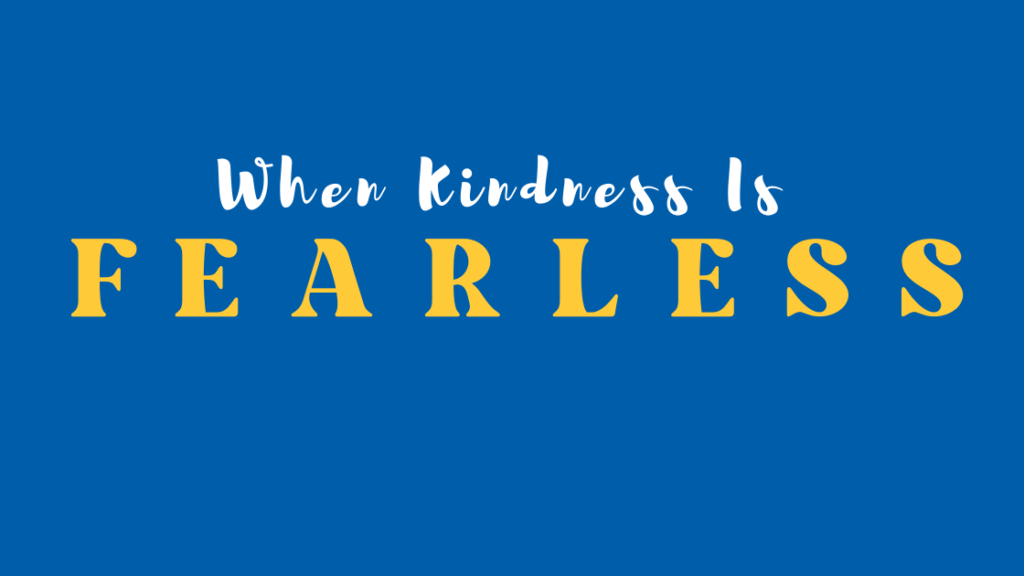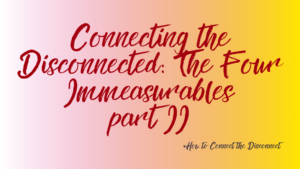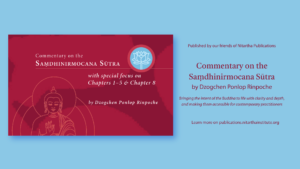It’s 1 a.m. My father’s face is hot and damp. He’s been off the ventilator for 8 hours. I am sad, scared, confused. The physician’s assistant, well-intentioned, made the mistake of predicting that Dad, in frail health even before the car accident, could not possibly survive more than an hour after the ventilator was removed. But he keeps breathing, and my anxiety is rising. I’m not sure how to ease his transition, but I can try to soothe his burning forehead. I search for a washcloth, forgetting in my agitation one of the lessons learned during six months of hospitals, rehab, nursing home: there are no washcloths. I get briefly distracted with why—too small for industrial washers? too easy to steal?
Panicky, I pick up a clean hand towel and approach a nursing assistant, a stranger to me: “Can I get a washcloth to put on my father’s head? He’s hot. He’s dying.” The nursing assistant—a Black woman, probably in her 50s—looks at me and at the towel. She senses my helplessness and elects to authorize me, good girl that I am, to act: “You might have to rip it.” Her pragmatic words cut through my pain and confusion. An old man dying may be something she sees week in and week out. But she recognizes the importance of the moment for me. This is my dad who is dying, and there is nothing routine about it. I tear a strip from the towel, dampen it with cold water, and place it on my father’s forehead.
Decades later, that gift of fearless kindness, the extraordinary generosity of a woman whose name I only learned later, still moves me. She was certainly underpaid and probably tired, tasked with caring for bed-bound bodies 12 hours at a stretch. In addition, as a Black woman in this country, she likely had burdens I can’t imagine. How easy it would have been to give me a stock answer or a politely unhelpful one. She could have played it safe. But she saw what was needed, and she gave me permission to do it, risking at least a reprimand and maybe worse.
Today, working as I do in an urban medical center, I practice following her example. In this big, bureaucratic system, can I stay in touch with what’s truly important, even if it means breaking rules or getting in trouble? Remembering to be kind, I marshal any power I have to cut through fear, so that what matters most has a chance to happen.
Contemplation
Reflect on a time when an opportunity for kindness arose but required going against a norm, breaking a rule, or taking a risk.
- Did you act kindly and break the rule, or did you stop yourself?
- What is the fear when kindness and safety appear to conflict?
- In a similar situation in the future, how would you like to respond?

A student of Dzogchen Ponlop Rinpoche since 2015, clinical psychologist Ellen Balzé began working with the core Path of Mindful Activity team in 2018. Collaborating with other Nalandabodhi members on various projects has created precious opportunities for her to pause, relax, and reflect. She enjoys baking bread and caring for succulents.






